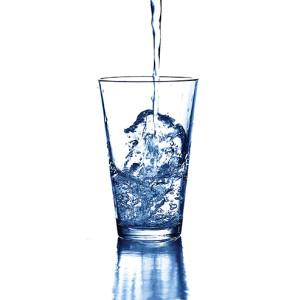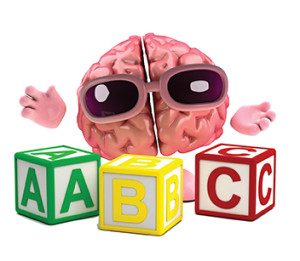Drink for your health
Posted on June 2, 2015 by bob in In Every Life
During the summer we are more mindful of water. Swimming, boating, and other water sports come to mind, as well as water shortages, both nationally and globally.
Let’s also consider the effects of water shortages within our bodies. Last month’s column mentioned the need for water to replace  fluid lost through increased exercise, and that with aging the sensation of thirst can diminish.Thirst is usually triggered from water deficiency as perceived by regulatory mechanisms in our body.
fluid lost through increased exercise, and that with aging the sensation of thirst can diminish.Thirst is usually triggered from water deficiency as perceived by regulatory mechanisms in our body.
Our brains send messages to induce fluid intake in response to detection that our cells are shrinking.
Water comprises 75% of body weight in infants, yet decreases to 55% in older adults. Water is essential to maintaining life and balance in all functions. All effects of hydration are not yet known, but studies continue to relate hydration to health, well-being and management of chronic conditions. Researchers differentiate hydration status among populations, age, size, gender, and physical activity level, with urine concentration often used as a measure.
Our bodies use water from beverages, as well as food sources (especially fruits and vegetables). Flavored, sweetened, caffeinated, or alcoholic beverages can change the stimulus from thirst to desire. Studies continue regarding the relationship of calories to energy requirement, stimulus for thirst, and effects on function and disease.
To emphasize the need to maintain adequate hydration here are some of the important functions of water to the human body:
— Maintaining fluid and mineral balance which influences function across all body systems
— Maintaining cognitive function—both as the brain cells are hydrated and as blood plasma volume is sufficient to get oxygen and nutrients to the brain. Studies are investigating the impact of water on concentration and short-term memory, as well as alertness, mood and headaches.
nutrients to the brain. Studies are investigating the impact of water on concentration and short-term memory, as well as alertness, mood and headaches.
— Maintaining sufficient blood pressure for blood circulation to all body cells
— Maintaining vision through intraocular and other fluids of the eye
— Preventing the potential for increased viscosity of blood, which can lead to sluggish circulation, increased work load on the heart to circulate the blood, increased heart rate, or clot formation
— Regulating temperature through both stable core body temperature and heat loss through sweating
— Removing waste products from muscles after activity
— Maintaining kidney function through fluid intake. For some individuals with decreased kidney function, fluids, sodium (salt) and/or protein may be limited by healthcare providers.
— Aiding digestion through absorption of nutrients and prevention of constipation
It may be prudent to learn to drink water, rather than sweetened or caffeinated beverages when not thirsty. Hydration status is individual, and the proportion of fluid from beverages with calories must be included in total daily intake. Discuss your personal needs and the best ways to promote and maintain your own health with your healthcare provider.
Arlene H. Morris, EdD, RN, CNE, is Professor of Nursing, Auburn Montgomery School of Nursing, and Immediate Past President of the AL State Nurses Association. Reach her at amorris@aum.edu.










